
Research into Action: U.S. Counter-Trafficking Leaders Discuss 2023 TIP Report
COVID-19, climate change, cyber scams and the importance of survivor-centered approaches
The 2023 U.S. Department of State (USDOS) Trafficking in Persons (TIP) Report, now in its 23rd year, is an annual global reference point for governments, civil society and citizens leading the fight against trafficking in persons. It is also a guide for the diverse programming that the U.S. government supports annually to combat TIP through agencies including the U.S. Agency for International Development (USAID), the U.S. Department of State’s Office to Monitor and Combat Trafficking in Persons, and the U.S. Department of Labor’s (USDOL) Bureau of International Labor Affairs. The report ranks 188 countries based on their government’s efforts to combat human trafficking.
On July 27, 2023, Winrock International’s counter trafficking in persons (CTIP) team hosted the webinar: “Research into Action: The U.S. Department of State’s Trafficking in Persons Report and U.S. Foreign Assistance Programming,” with panelists:
- Miranda Jolicoeur, USAID Team Lead, Justice, Human Rights, and Security (JRS), Democracy, Human Rights, and Governance Bureau
- Mark Forstrom, USDOS Deputy Senior Coordinator for International Programs, Office to Monitor and Combat Trafficking in Persons
- Leyla Strotkamp, USDOL Senior International Relations Officer, Office of Child Labor, Forced Labor and Human Trafficking
In opening remarks, Joyjit Deb Roy, Winrock International’s chief global programs and development officer, shared that Winrock began its work to combat TIP in the 1990s after the fall of the Soviet Union. “Today, we are implementing 15 counter-trafficking projects across 17 countries, many of which are in close partnership with the U.S. government,” said Deb Roy. “The TIP Report informs direct assistance to foreign governments, uplifts global champions and achievements, and is a practical tool to strengthen coordination and adherence to international standards.”
Moderated by Nicole Goodrich, Winrock’s senior CTIP advisor, panelists discussed key findings of the 2023 annual TIP Report, how the Report informs the programmatic priorities and decisions of U.S. agencies working to counter TIP with their partners, and the importance of holistic, integrated, survivor-centered approaches to trafficking intervention.
The global crises of climate change and COVID-19 have exacerbated vulnerabilities to human trafficking in recent years resulting in increased incidences of TIP, specifically, increasing online exploitation and the emergence of cyber scam operations.
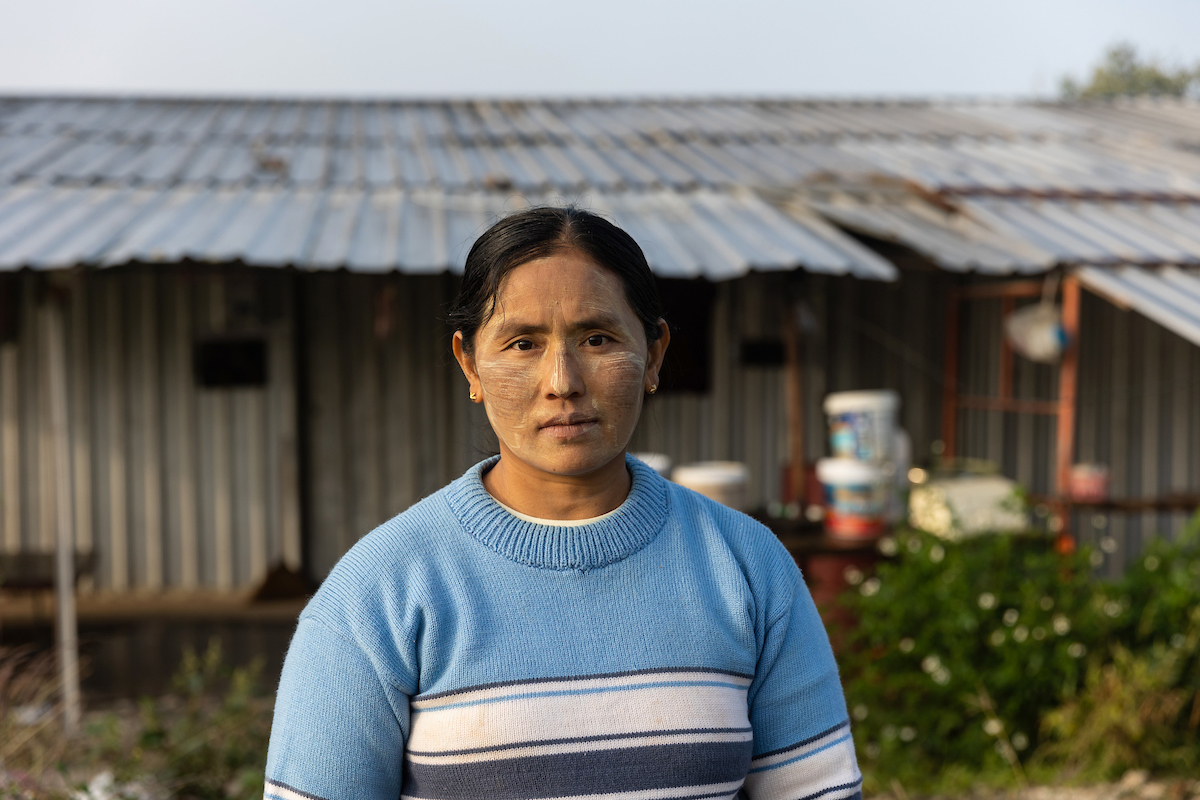
The TIP Report states that climate change is a threat multiplier that creates unfavorable conditions that can exacerbate vulnerabilities to human trafficking, especially among marginalized populations. Mark Forstrom shared that USDOS and Winrock are partnering on a cutting-edge project in Bangladesh focused on “the intersection of climate change on human trafficking.” The goal of the Bangladesh AugroJatra project is to reduce the prevalence of human trafficking in Bangladeshi farming and fishing households vulnerable to climate change.
The pandemic is a primary focus of the 2023 TIP Report. Pandemic-related hardships, such as youth unemployment and international travel restrictions, have been leveraged by traffickers to exploit thousands of adults and children.
One form of trafficking that has recently increased is online child sexual exploitation and the TIP Report notes the emergence of new cyber scam operations. USDOS Child Protection Compacts (CPCs) are one of the tools to address child trafficking. CPCs are negotiated agreements with partner governments to work on aspects of child trafficking that are particularly endemic to that country.
In 2022, Winrock completed the implementation of the Jamaica-U.S. Child Protection Compact, which strengthened the Jamaican government’s efforts to effectively identify, refer for comprehensive services, and provide trauma-informed care to child victims of trafficking.
While traffickers weaponize technology for exploitation, technology can also be used to thwart traffickers, protect migrants and expand access to support services. Winrock is utilizing innovative technology solutions to counter trafficking-in-persons (CTIP) and promote safe migration through a variety of activities with partners.
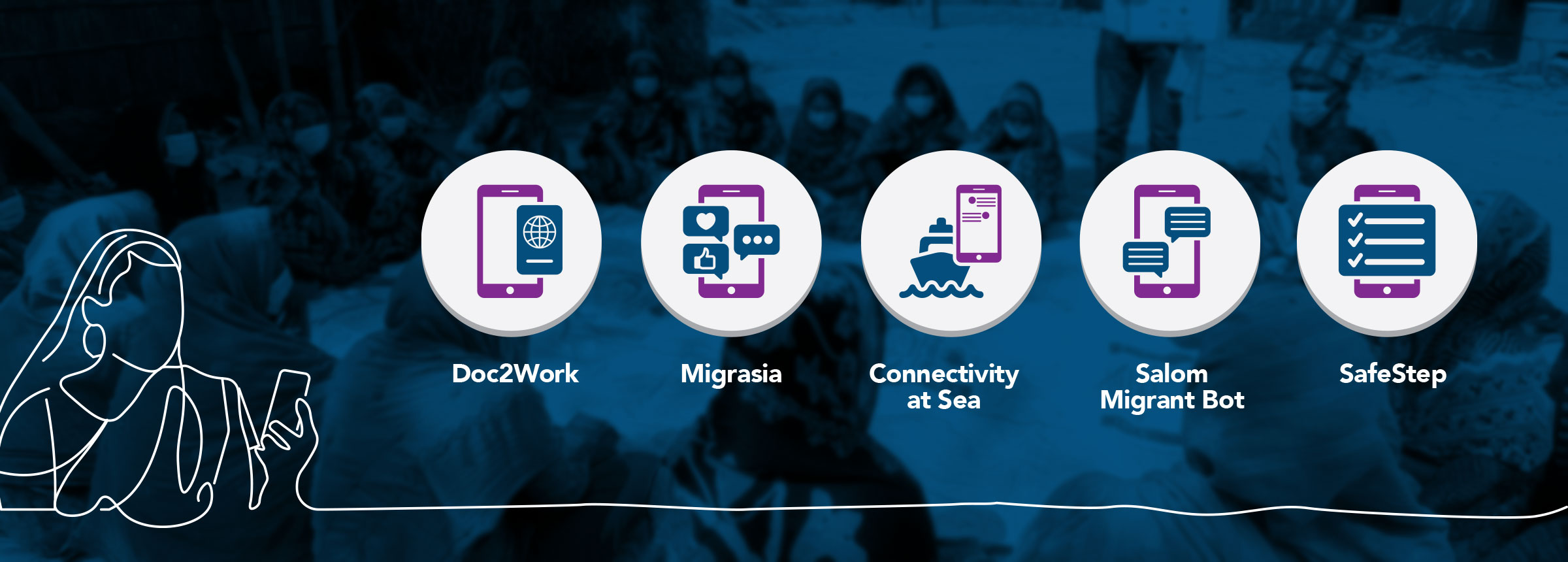
The TIP Report identified the location of cyber scam operations in several countries in Southeast Asia. Victims have been identified from 35 countries, including victims from the United States. The USDOS is currently investing in new efforts to address this emerging crime. The Report highlights the collaboration of Winrock, UK Aid, the Global Fund to End Modern Slavery, and private sector companies to enhance safety along irregular migration corridors, which increases vulnerability to trafficking. The partnership resulted in the creation of SafeStep, a digital tool to empower individuals relocating overseas for work with the information and resources to ensure their recruitment and employment is safe and transparent.
The USAID Asia CTIP project, implemented by Winrock and partners, is partnering with survivors to promote safe migration, reduce vulnerability to cyber scams and help people return home. The USAID Cambodia CTIP project, implemented by Winrock, provides direct assistance to survivors of trafficking in scam centers.
The annual TIP Report is a useful tool for prioritizing activities, directing funding to have the most impact, and integrating counter-trafficking activities into existing programs to address the root issues that cause or exacerbate vulnerability to human trafficking. Panelists discussed the importance of taking a holistic, survivor-centered approach and integrating counter-trafficking activities into long-term development programs, such as integrating CTIP activities into agriculture, health and rule of law programs. For example, USAID integrated counter-trafficking activities into a fisheries management project in Ghana. In addition to referencing the TIP Report, USAID also conducted vulnerability assessments to understand the scope of the problem and the drivers of labor trafficking vulnerabilities in fisheries. These findings informed community-driven actions and approaches to influence policy, including the integration of counter-trafficking measures in fisheries management. In this way, programs can be designed to address the socioeconomic drivers of child labor and trafficking and lead to improved prevention and detection. Learn more about USAID’s work to counter trafficking in persons here.

The USDOS TIP Report is a resource for USDOL’s work to eradicate exploitation, ensure other countries meet international standards, and integrate programs so that counter-trafficking initiatives led by various agencies are as complementary and comprehensive as possible. USDOL also maintains lists of products by good and country of origin that are produced with child labor, forced labor or forced child labor in violations of international standards. Learn more about USDOL’s international child labor and forced labor reports here.
Panelists discussed the importance of survivor-centered and trauma-informed approaches to counter trafficking, as well as the importance of lifting the voices of workers and partnering with local organizations and survivors. It is critical to listen to those with lived experience to understand and to incorporate their perspectives when designing and implementing CTIP programs. Numerous USAID CTIP projects implemented by Winrock have supported and partnered with survivor networks.
Winrock’s Director of Counter Trafficking and Safe Migration, Stephanie Lillegard, concluded the webinar with closing remarks. “We recognize that it is our collective responsibility to uphold human dignity and, as Leyla and Miranda, and Mark have highlighted, uplift the voices of workers and survivors to understand and integrate their perspectives and put them front and center.”
“The U.S. Department of State Trafficking in Persons Report is an important call to action to this point, leaving no victim behind is a commitment to ending exploitation, supporting survivors and reducing vulnerability. A global problem like trafficking in persons needs a global solution,” said Lillegard.
Related Projects
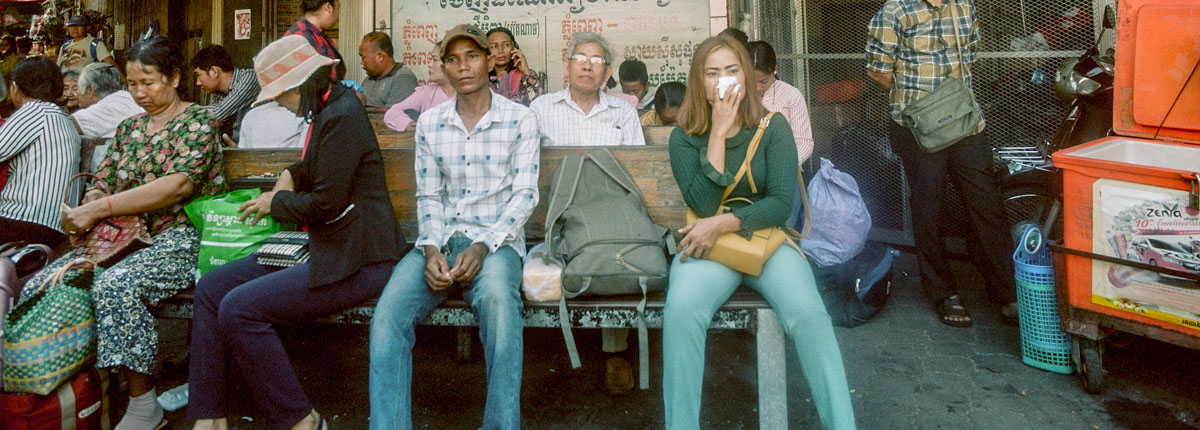
Cambodia Counter Trafficking in Persons (CTIP) Project
Cambodia continues to face the threat of human trafficking of some of its citizens who migrate abroad for employment opportunities and fall prey to exploitative recruiters or employers in destination countries, particularly Thailand. In recent years, the country has also become a significant destination for TIP for forced criminality, with tens of thousands of non-Cambodians […]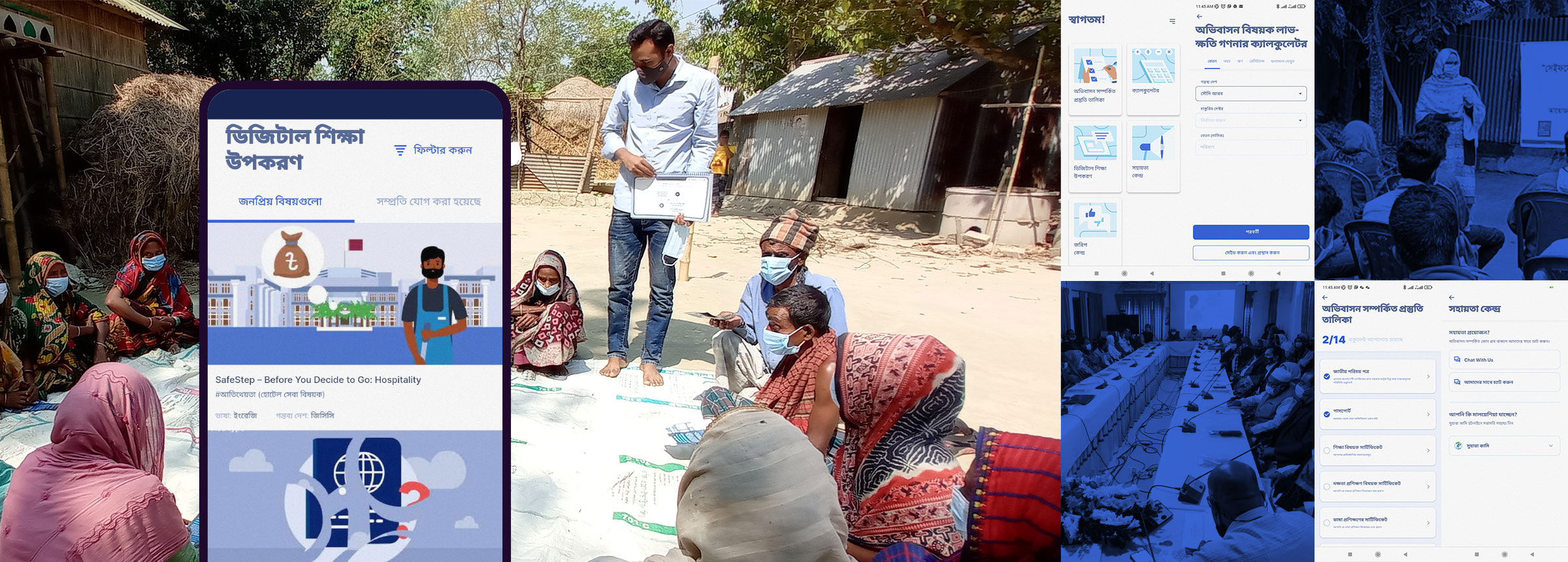
SafeStep Project
The SafeStep mobile phone application was originally designed and launched in 2020 by a consortium including ELEVATE, Diginex and Winrock International with funding from UK aid and the Global Fund to End Modern Slavery (GFEMS) to support Bangladeshi migrants traveling to Gulf Coast countries. It has been expanded with additional funding from GFEMS and new…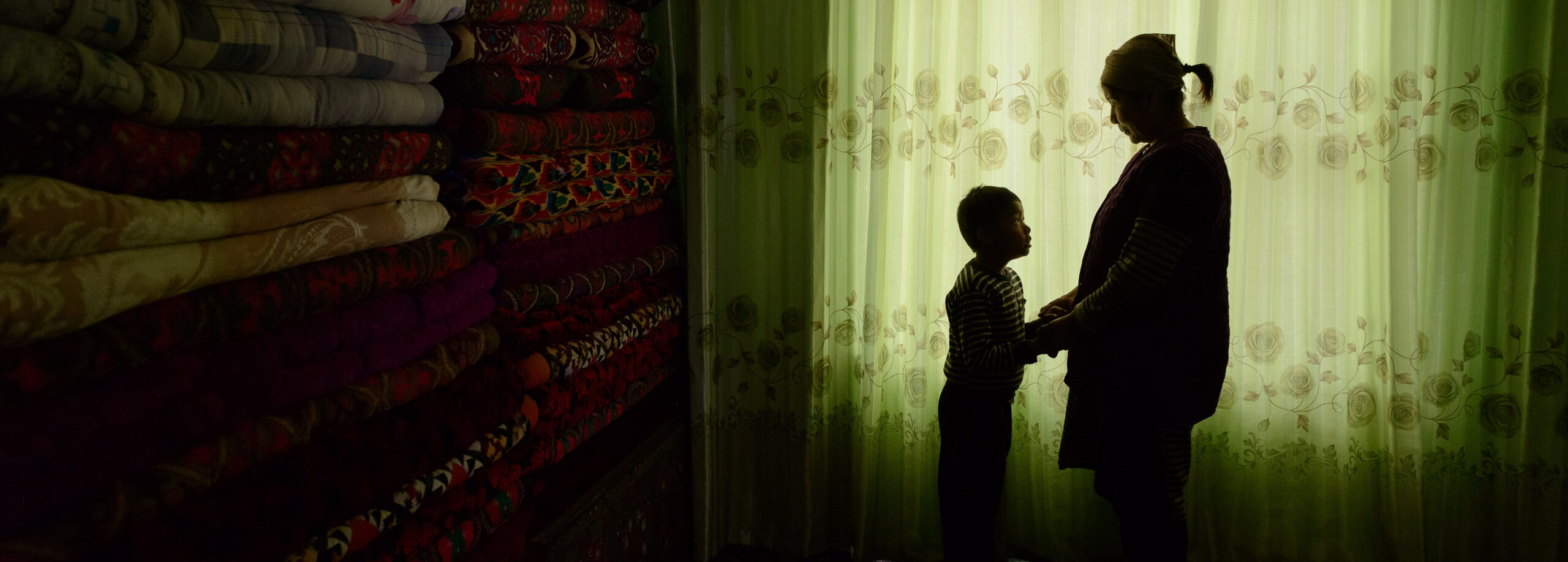
USAID Asia Counter Trafficking in Persons (CTIP)
Complex problems require transcendent solutions, ones that span borders and sectors. Human trafficking is such a problem, and the USAID Asia Counter Trafficking in Persons program (USAID Asia CTIP) is such a solution. USAID Asia CTIP is a regional activity that focuses on transnational and regional challenges to combat human trafficking. The program aims to…
Safe Migration in Central Asia
Rising poverty and unemployment in Central Asia has increasingly led laborers in the region to migrate in search of work. Unfortunately, migration often leaves workers vulnerable to exploitation. The five-year Safe Migration in Central Asia activity aims to strengthen the mutual accountability of governments, NGOs and the private sector in efforts to prevent trafficking in…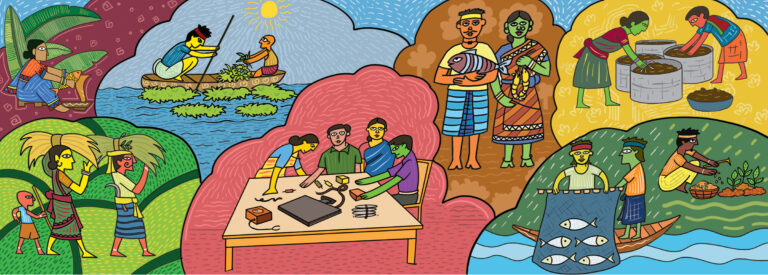
B-PEMS AugroJatra
Bangladesh’s location, low-lying topography, high population density, and weak infrastructure make it highly susceptible to natural disasters. Vulnerable populations who lose their property or income in these events are more likely to attempt risky or illegal migration, and ultimately at risk of becoming victims of trafficking in persons (TIP), as traffickers often prey on those […]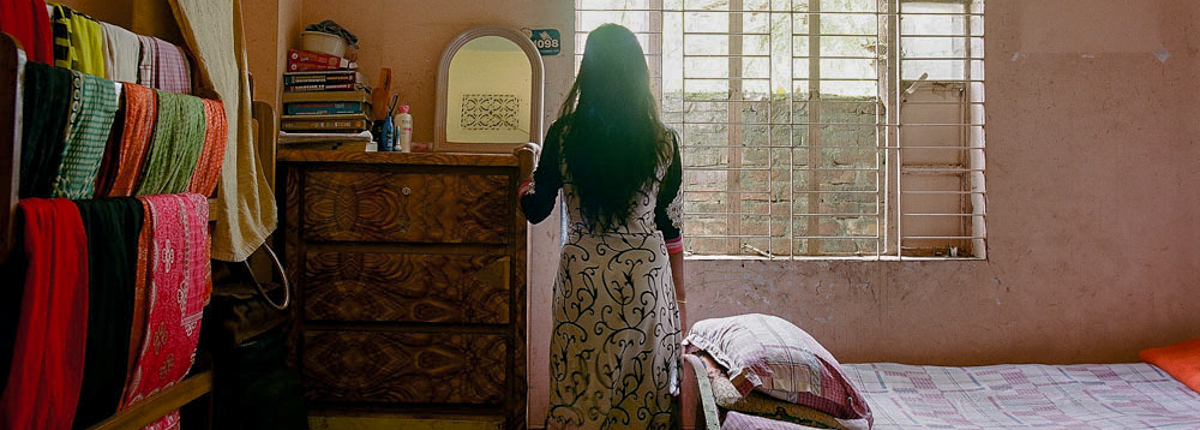
Fight Slavery and Trafficking-in-Persons (FSTIP) Activity
Human trafficking is a major problem in Bangladesh, which is a source, transit, and destination country for men, women and children trafficked into forced labor, commercial sexual exploitation, child marriage and other abusive situations. The COVID-19 pandemic exacerbated vulnerabilities to trafficking, exploitation, and child marriage, as widespread loss of livelihood opportunities and employment, restrictions on […]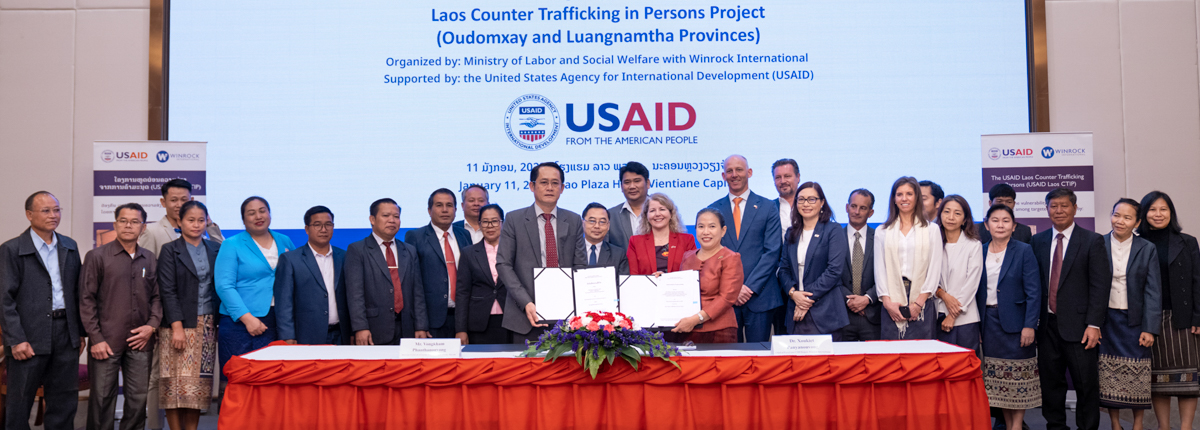
USAID Laos Counter Trafficking in Persons (USAID Laos CTIP)
In Southeast Asia, Laos is a primary source and, to a lesser extent, a transit and destination country for women, children and men who are subjected to trafficking in persons. Especially in the southern part of the country, Lao trafficking victims are often migrants seeking opportunities abroad who then experience labor or sexual exploitation in…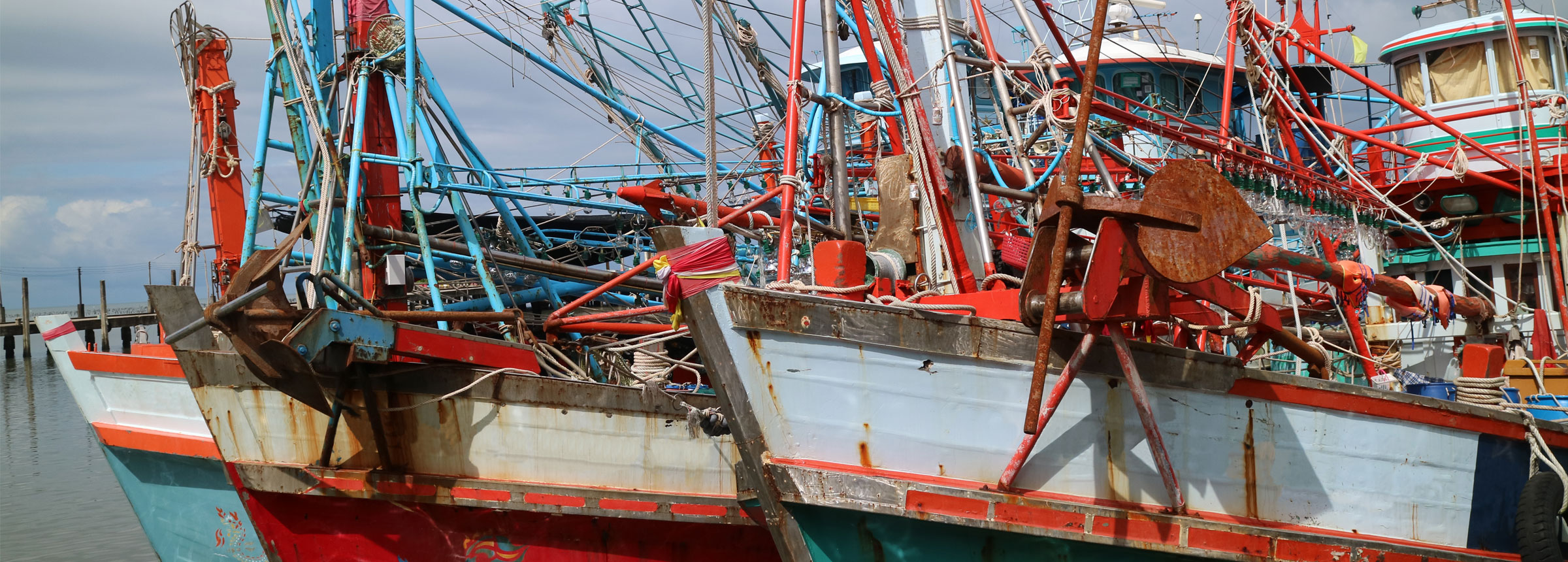
USAID Thailand Counter Trafficking in Persons (USAID Thailand CTIP)
As a source, transit and destination country, Thailand faces multiple manifestations of trafficking in persons. The USAID Thailand Counter Trafficking in Persons (CTIP) program works with communities and champions among government, civil society and the private sector to address the enabling environment for trafficking and exploitation, empower at-risk populations to safeguard their rights, and strengthen…
